Protein Supplements: Everything You Want to Know (and the biggest mistake I see athletes make!)2/5/2020 After posting last week’s Wellness Wednesday Blog, which was focused on meal replacement smoothies, I got a lot of questions about protein powders! First off, questions are GREAT! I love to hear them, so keep them coming. They help me tailor my information to YOU. But I realized that a quick post on social media wouldn’t suffice for a topic as large as protein powders, so I decided to dedicate an entire blog post to it. First, let me be CRYSTAL CLEAR that in most circumstances, I am a REAL FOOD FIRST person. Typically, the less processing we do to any natural food, the more nutrient dense that food will remain. That means, not only will we get our dose of protein, but we will also benefit from the other nutrients in that food such as vitamins and minerals. Both which are important in the utilization of the macronutrients, including protein! Just check out the chart below from Stephan van Vliet, who conducted a review of research with colleagues on the efficacy of whole foods supporting muscle remodeling and recovery: THE REALITY Now that I’ve talked a bit about the importance of real food taking the front seat, let’s get real! Sometimes eating a real food meal, especially post workout, isn't always an option for a variety of reasons. That means, our second best option is a meal replacement smoothie you make from scratch with as many real food ingredients as possible. It's pretty easy to get a natural liquid base (homemade nut milk, coffee, tea, or even plain water), natural fiber (from things like chia seeds, ground flax meal, and vegetables), natural carbohydrates (from things like cooked sweet potato, cauliflower and leafy greens), and even natural fats (from things like raw nuts, seeds and avocado). But protein. Who wants to blend a steak into a smoothie. Ummmm...not me. Enter, the protein powders! Since we're trying to stay as close to REAL FOOD as we possibly can, I'm going to avoid even talking about protein powders that are full of chemicals and additives. You know, the ones made with junky ingredients such as gluten, soy, dextrins (such as maltodextrin), artificial sweeteners (such as saccharin), thickeners and gums (such as cellulose and xanthan gums) and emulsifiers (such as polysorbate 80). These ingredients are usually added to protein powders to improve the flavor and to make the powder mix easier, but they often come with a price of gastrointestinal distress, inflammation, headaches, bloating, and even disrupt our hormone balance. Those are the things I highly recommend you steer clear of. There are so many great natural options out there like whey, casein, hydrolyzed beef, hemp, pea, and rice. I really don't see the point in using a bunch of synthetic ingredients. So, let's look at the different protein powder options (pros and cons) and you can decide which is best for you and your needs.... A PRIMER ON PROTEIN Before we get into the powders...we have to talk about protein itself! Protein is a macronutrient (along with carbohydrates and fats) that we consume in our diet. As a food, proteins are comprised of long chains of amino acids. These individual amino acids are what are taken up by cells throughout our body to do their jobs at that particular location. Whole proteins can not be taken up by cells, they MUST BE broken down! That means, a HUUUUUUUUUGE part of making sure our body has all the protein it requires is having optimal digestive function! We can be consuming all of the protein we need but if our GI tract isn’t digesting it properly, we won’t be able to utilize them (I’ll save the topic of digestion for a whole other post!) There are 20 different amino acids that make up all the different types of proteins in our diet. Out of these 20, 9 are considered essential. That means we have to get them from our diet, in the right quantities, in order to be healthy. The other 11 amino acids can be manufactured by our body. The only food sources that naturally contain all 9 essential amino acids come from animals, such as meat, dairy and eggs. Plant foods contain some of the essential amino acids, but not all of them. If animal based foods are being avoided in the diet, eating a wide variety of plant sources is recommended to ensure you get all 9 essential amino acids in the diet from different plant sources. POST WORKOUT RECOVERY IS JUST AS IMPORTANT AS THE WORKOUT ITSELF The fact is that we all workout in order to create a healthy stress on our body, but the GAINS from that workout comes from that workout's recovery! Yes, you read that right. We break down muscle during our workout, and build it up in our kitchens and our beds! AFTER the workout has finished, our body does the biggest job of all...it adapts to stresses from that workout. It's trying to respond to the stress you just created by making metabolic changes so next time that same stress is created, you are more equipped to handle it (in other words, you are stronger next time). For example, in the time after a workout, protein synthesis increases, muscle fibers are rebuilt, fluid is restored to help deliver nutrients to organs and muscles, and metabolic waste products (such as the acids built up during a workout) are eliminated. So many endurance athletes spend so much time focusing on nutrition during their workout, and completely fail to address the most important fueling (AND HYDRATING) window of all...post workout. Now of course there is more to optimizing recovery than just food (like sleep, hydration, and stress reduction), but for this conversation, we are going to focus solely on protein intake post workout. WHAT DO AMINO ACIDS HAVE TO DO WITH IT? Extensive research has been done on optimizing post workout recovery and much of the evidence keeps coming back to protein. Besides supporting the rebuilding of muscle, protein intake shortly after a workout can actually help with the development of new muscle. Much of the benefits we experience from protein is due to amino acids. Besides being considered the “building blocks of protein”, our body needs the full spectrum of amino acids (all 20) to build cells, support muscle growth, and promote energy production. As I already mentioned, our body can make 11 of the amino acids. That means we want our post workout focus to be on consuming all 9 essential amino acids (EAA) that our body CANNOT produce. Of those 9 EAA's, 35% of what makes up our muscles are the three “Branched Chain Amino Acids” (BCAA). These include:
These BCAA's help preserve muscle glycogen stores and reduce the amount of protein breakdown. When it comes to muscle growth and recovery, leucine has been shown to be the most important BCAA of all while Isoleucine has been shown to play a role in blood sugar regulation. All of these amino acids (essential and non-essential) are present in different amounts in different types of protein sources. But since getting an adequate amount of them in post workout is key to optimizing recovery, just eating protein isn't always going to cut it. Making sure you are consuming a protein source that has a complete complex of essential amino acids, and especially high in leucine, can optimize recovery. Foods that are naturally rich in leucine include:
But if you aren't able to do this due to time constrictions or preferring a plant based diet, protein powders can come in handy! MY PROTEIN POWDER TIPS! To get the most out of your protein powder, you need to know WHAT benefit you are trying to get out of it. It is always best to pick a protein powder that you love, that loves your body back, and meets your health and fitness goals. Sure, whey protein has been hailed by many as the best protein powder out there, but if your body doesn't like whey, it is NOT the best one FOR YOU. Here is my list of favorite protein powders, for different goals, as well as their pro’s and con’s: GOAL = WEIGHT LOSS CASEIN PROTEIN Casein is a slow digesting dairy protein that is often considered by many as a "time release" protein. Casein makes up approximately 80% of milk protein (the other 20% being whey). PROS:
CONS:
MY FAVORITE BRAND: Naked Nutrition Micellar Casein Protein Powder which is made from rBGH free dairy cows from the US. It is gluten free, soy free and made with non-GMO ingredients. It has no Artificial Sweeteners, Flavors, or Colors. GOAL = MUSCLE GROWTH Option #1 - WHEY PROTEIN Whey protein is the other 20% of protein derived from dairy sources. Research has consistently shown that whey protein powder is the best for promoting muscle growth and recovery. PROS:
CONS: Excessive consumption of whey protein can potentially cause digestive distress. Similarly, many people have a dairy sensitivity, and some don't even know they have it. If your body doesn't love dairy, using whey protein powder can create an underlying level of inflammation that will negate the benefits of working out! MY FAVORITE BRAND: Vital Proteins Organic Whey which is a cold pressed organic whey protein, with no added ingredients or fillers. It has 5g of BCAAs and a complete complex of amino acids in each serving. Option #2 - HYDROLYZED BEEF PROTEIN A protein derived from an infusion process of beef that preserves critical nutrients, amino acids, peptides, nucleotide fractions, vitamins and minerals. It’s a complete protein derived from a 100% natural, Non-GMO, raw beef with absolutely no hormones or other additives. PROS:
It contains less leucine than whey protein does (and remember, leucine is the BCAA known to support muscle building and recovery) It often doesn't blend well without a blender and it can become gelatinous fairly easily when it has sat for a few hours. So, if you blend your smoothie in the morning before your workout, let it sit, then go to drink it later, you may need a spoon. MY FAVORITE BRANDS: Equip Prime Protein which is gluten, dairy and soy free; made from hormone-free and antibiotic-free beef; has no artificial flavors or preservatives; and is made from just 3 ingredients: grass-fed beef, natural cocoa powder and stevia. GOAL = MEET THE DAILY REQUIREMENTS FOR PROTEIN... without eating a bunch of meat! MIXED PLANT PROTEIN POWDERS Since we're aiming for complete amino acid profiles, and no plant source has this by itself, it is best to look for a protein powder that has blended 2 or more of the following plant proteins. This ensures that you obtain the adequate amino acids needed by your body post workout:
PROS: These blended protein powders are free from animal products for those that are looking for a vegetarian or vegan option. CONS: These blended protein powders are often blended with many other fillers too, so read the labels carefully! MY FAVORITE BRAND: Thorne MediPro Vegan protein supplement which has a complete multi-vitamin/mineral, digestive enzymes and probiotics. MediPro Vegan is more like a multi-vitamin/mineral daily protein supplement, which makes it great for a meal replacement shake. It also contains a complete amino acid profile, so it is great for a post workout shake. COLLAGEN... A BIG NO NO! I can't leave this post without addressing the BIGGEST MISTAKE I see athletes make when using a protein based shake post workout. And that is...using collagen as their only protein source post workout. The reason for this is that collagen protein, although being the most abundant protein in our body, is made up of a different mix of amino acids and does not include all essential amino acids. Collagen is high in three amino acids - glycine, proline and hydroxyproline - which are important to building collagen in your body, a protein that provides strength and structure. Whereas post workout protein focuses on building and repairing muscle, collagen intake leads to improved connective tissue function. This actually lends itself to supporting muscle and can help in the post workout recovery process. However, you still need a complete source of protein to support protein synthesis and exercise performance otherwise you’ll have strong connective tissue without any muscle to support. You can certainly continue to use collagen post workout, but timing of collagen intake is less important than timing of a complete protein source. So if your goal is to improve athletic performance, gain muscle, or lose fat, then utilizing one of the protein sources I listed above should be priority whereas collagen can be used as an additional support supplement. IN SUMMARY If I am being honest, I can write tons more on the topic of protein and protein supplements. But at least now you have a fantastic starting point to understand why a complete protein post workout is essential to reaching goals and what sources of protein are best for you to choose from. Personally, my body doesn't love dairy. My protein powder of choice right now is the Equip Prime Protein and I will add in a scoop of Clean Carb Vanilla if I need some added carbohydrate and I can’t add in a real food option, like a green tipped banana or pre-cooked sweet potato. I use a little battery operated handheld blender (like THIS ONE) to mix it up , but honestly, it is still a little chunky. There are so many great, natural protein powders out there. Do you have a favorite that I didn't mention? Leave me note in the comments about which one you use. I'd love to give it a try! RESOURCES:
5 Comments
|
AuthorTiana Rockwell is a certified nutritional therapist, avid endurance athlete and dark chocolate lover. She believes that by eating REAL food, we can balance our body and reach optimal health and wellness! Archives
May 2022
Categories
All
|
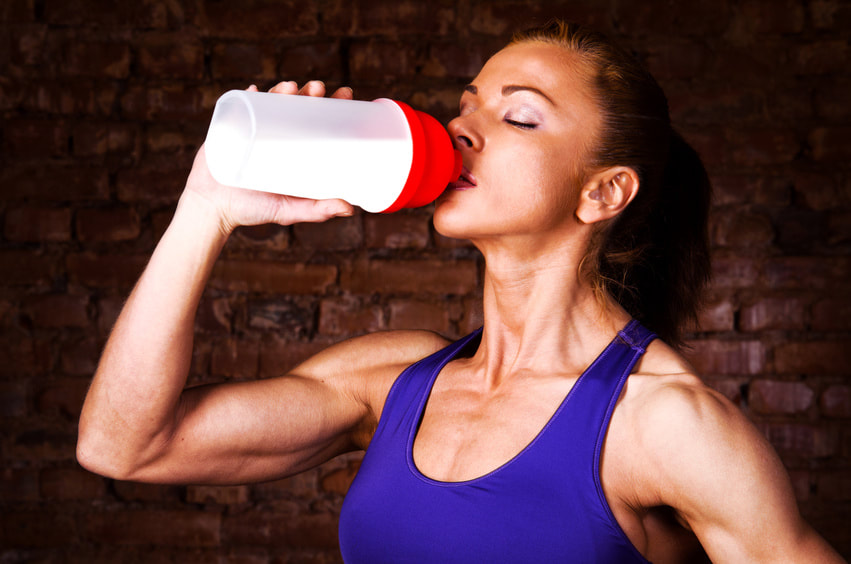
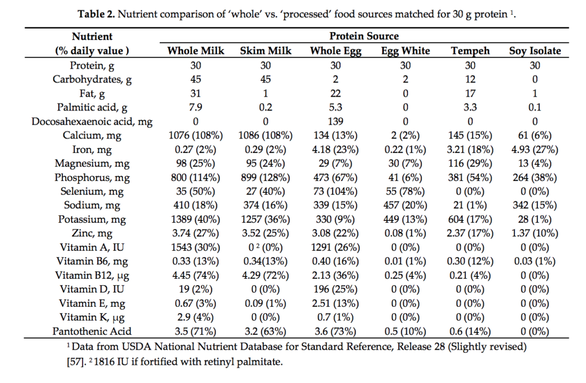
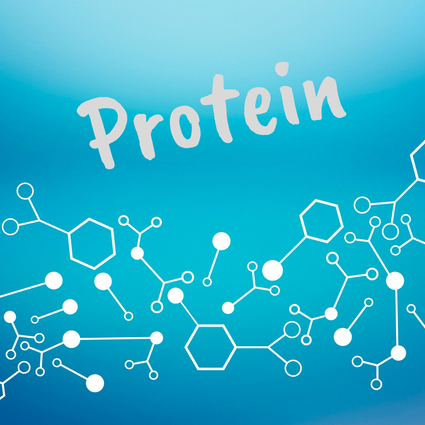
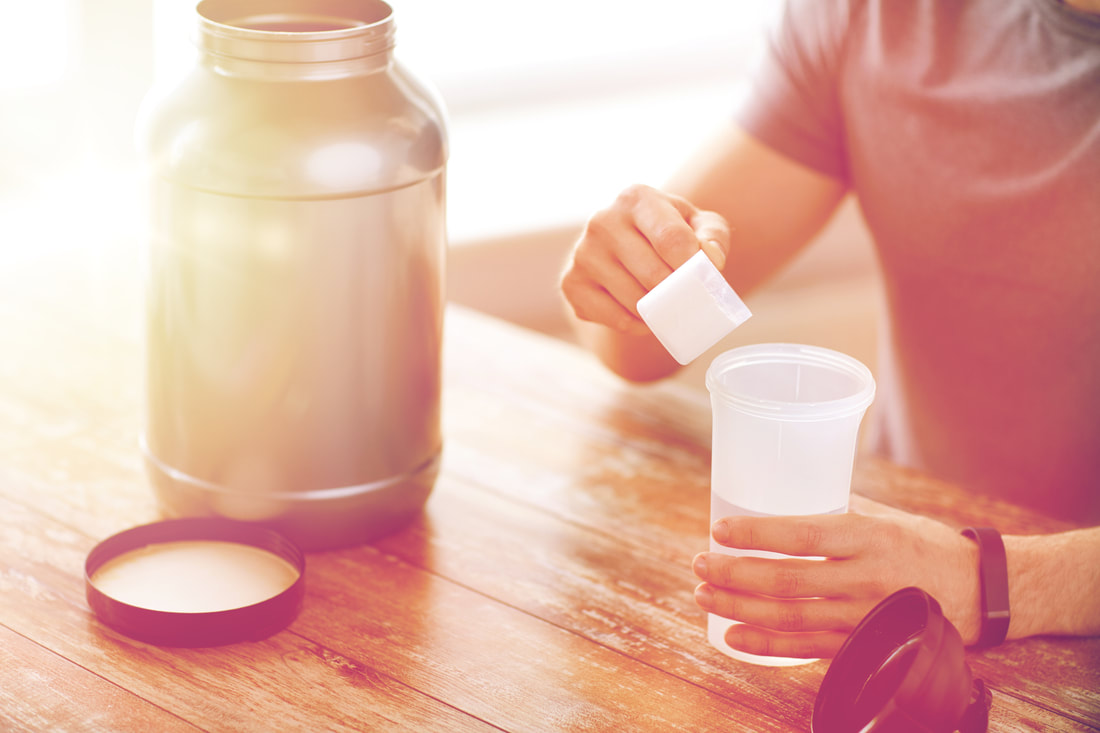
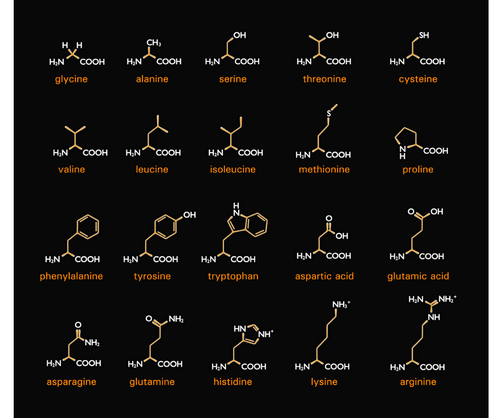
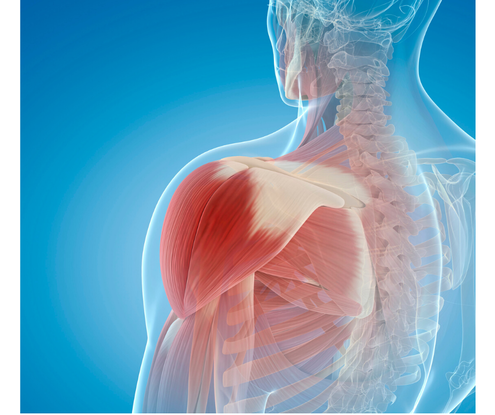
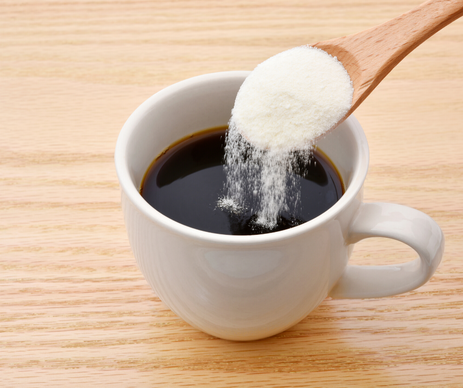

 RSS Feed
RSS Feed